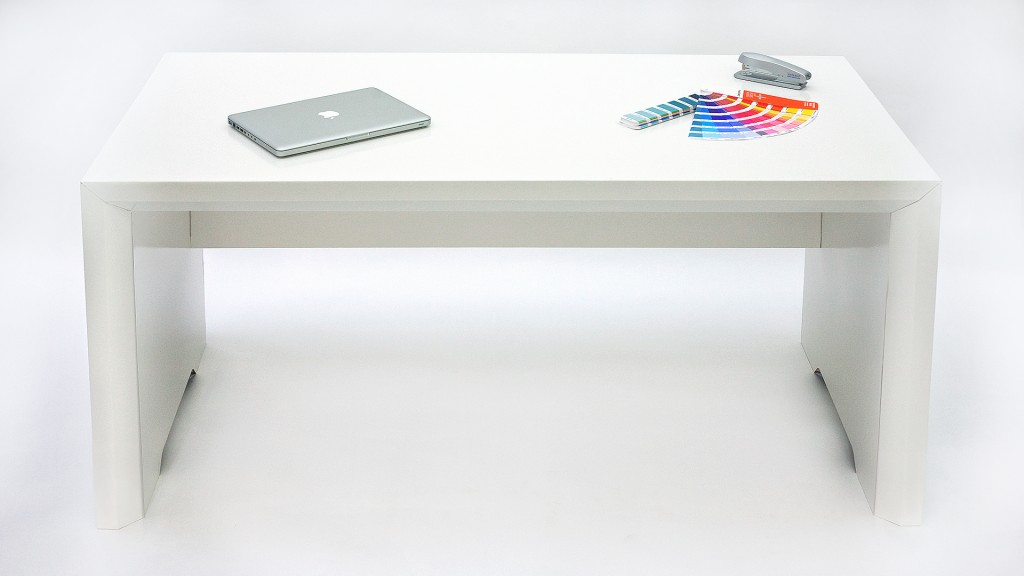
All businesses need to work from somewhere and in most cases that will mean making some fundamental decisions about what kind of business you want to be. There is no better time to do this than right at the outset, but making the right decisions might not be easy when there is so much else to consider in getting your business up and running.
Flexible business lifestyles
Technology has made it possible for many more people to work remotely, either at home, in coffee shops or on site with customers, but unless your vision for your business is to keep it very small, some kind of office hub will be needed.
These days there is no need to sign up for lengthy leases when there is a huge selection of flexible space available, from serviced and managed offices to co-working clubs and shared spaces. The key is to keep it as fluid as possible, with short notice periods, all-in deals on business rates, heat, light, and Internet access. After that you should always opt for the very latest sustainable furniture.
The use of natural, sustainable materials in the workplace will be more important than ever according to the forecasting consultancy Trend Bible. Founder Joanna Feeley says the elevation of ‘low brow’ materials and a return to design fundamentals of shape and function means the use of materials such as cardboard in the manufacture of office furniture will show a marked increase.
Office furniture made from paper
Speaking at the Surface Design Show in London this month, Feeley highlighted the key emerging features of the home and office landscape and forecast a strong trend towards “reconnection with the natural world”. The latest trend book predicts a return to crafted products that embrace the unpredictable and celebrate the imperfections of natural materials. Playful products will also be important – adults moving towards things that are fun, uplifting, expressive and stimulating. “Papercraft will be at the cutting edge. Office furniture made from paper and cardboard is fantastic,” says Feeley. “Home working will continue to increase and more companies will help employees set up a working environment for themselves at home.”
There is a lot of confusion about what constitutes eco-friendly office furniture, particularly as so many manufacturers lay claim to this. Although it’s not a black and white question, it is fair to say that to be truly eco-friendly a product or service must be designed with sustainability in mind. That means it must cultivate ecological, economic and cultural conditions that will support human well-being indefinitely. In trying to ape the way nature handles sustainability we need to conserve as well as being able to innovate. We need to maintain adaptive capability for the future. This is why the use of paper in the production of commercial office furniture is so important – it requires both user and manufacturer to question everything and to fundamentally re-invent the way they look at the world for the benefit of everyone.
Recycled and re-manufactured
The use of paper and cardboard has many benefits for the customer, not least the ease with which it can be recycled and re-manufactured into new products when the business needs change. Rapid manufacture and short lead times mean fast up-scaling is also possible, and complete personalisation of the colour and finish means the customer keeps control of its brand image and company culture. Lightweight furniture also means lower facilities management costs because one person can re-configure a large area without the need for additional help or special tools.
A new British standard – BS8903 – defines sustainable procurement as only procuring the goods your company really needs and buying goods or services whose production, use and disposal both ʻminimise negative impacts and encourage positive outcomes for the environment, economy and societyʼ.
The four key outcomes it seeks are:
- 1. Reduce demand for resources such as energy, water and raw materials.
- 2. Minimising the negative impacts of goods and services across their life cycle.
- 3. Ensuring contract prices and terms are ethical, fair and respected.
- 4. Provide opportunities for small and medium sized businesses, voluntary sectors and to support jobs, diversity, training and skills development.
By considering the total life costs of a product or service, rather than just the initial price, your business can expect to see financial benefits driven by operational cost savings from more efficient goods, works and services and from reduced end-of-life costs. And of course, in the use of eco-friendly cardboard workstations, you’ll be enjoying state-of-the-art products that are lovely to work at as well as being a benefit to the health of the planet.
 With thanks to Rod Fountain, founder and CEO of FluteOffice.com for such an interesting and informative article.
With thanks to Rod Fountain, founder and CEO of FluteOffice.com for such an interesting and informative article.
What are your thoughts about “Setting up a sustainable office”? Follow Flute Office on Twitter and get to know them better@FluteOffice
Please leave a comment below and share this article with your friends and followers by using the social buttons.





